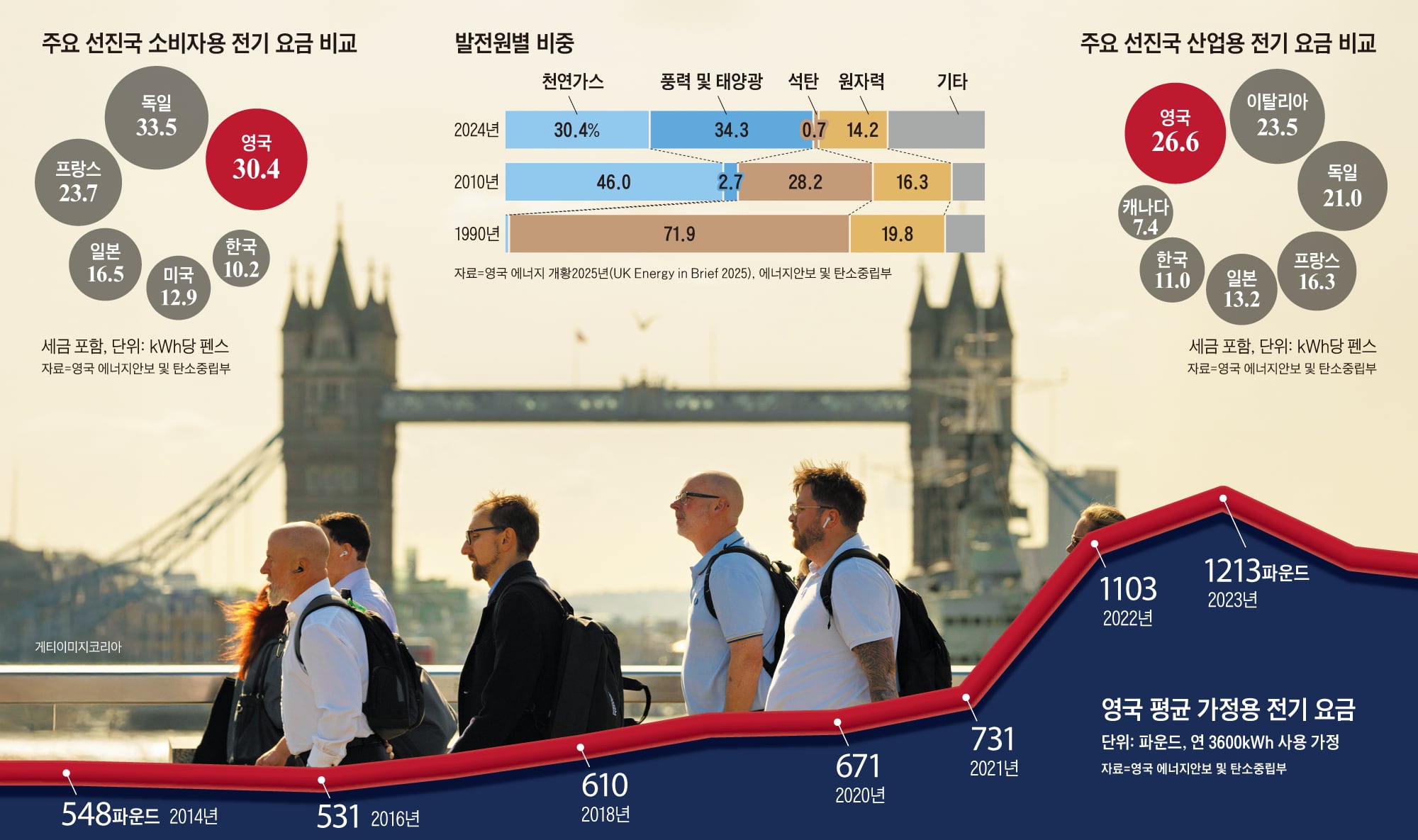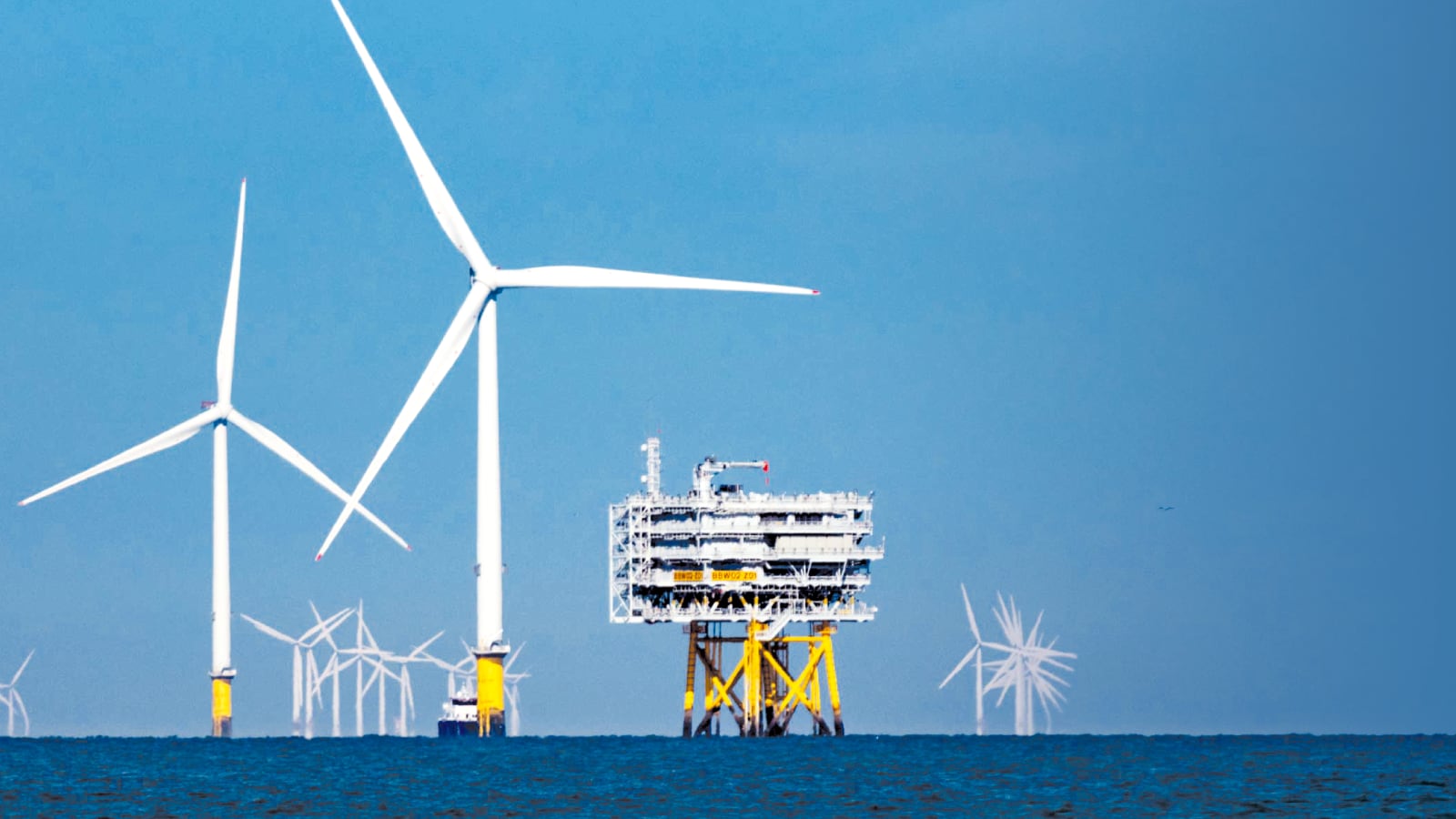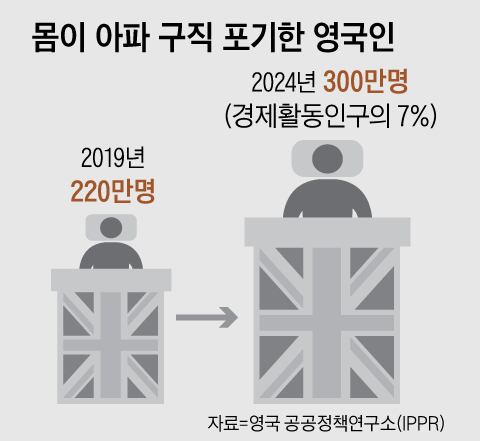Lindsay, 62, resides in Cheshire, northeast England, and deals with asthma and depression, but her home stays cold. Her radiator is not work...

Lindsay, 62, resides in Cheshire, northeast England, and deals with asthma and depression, but her home stays cold. Her radiator is not working, and she has no plans to repair it because of rising electricity costs since 2022. Rather, she spends her days huddled on the sofa, pulling her thick sweater's collar up to her chin. Mold has developed in the corners of her room due to wet weather and insufficient heating. Bethany Walker, who lives in western Gloucestershire with her six-month-old baby, rarely uses hot water except when washing her child. In an interview with the BBC, she stated, “I don't have a choice because unpaid bills are piling up.”
◇Surviving Winter by Reducing Heating and Wearing Thermal Underwear
Even the middle class is being pushed towards a more economical lifestyle. Flora Watkins, 47, who moved out of London a few years ago and now lives in a rural part of Norfolk in the east, has chosen not to use her stove, which serves both cooking and heating purposes. Her monthly electricity bill amounts to between 400–500 pounds (770,000–960,000 Korean won). "It's been a while since I turned on the central heating during the day, and from November to April, I wear thermal underwear," she told the Telegraph. She also changed from shopping at Waitrose to the budget-friendly discount store Lidl in an effort to cut costs.

With the arrival of winter, British media have started reporting on individuals who switch off their heating and endure the cold. The nation has the most expensive electricity in the world. Moreover, the conflict between Russia and Ukraine has led to a sharp increase in natural gas (LNG) prices, which has resulted in higher electricity costs. In 2015, the average household electricity bill was 540 pounds (1,040,000 won, calculated from 3,400 kWh usage). By 2023, this amount had risen to 1,213 pounds (2,340,000 won), and last year it stood at 1,067 pounds (2,060,000 won).
◇Policy Failure to Discontinue Nuclear and Coal Energy Is the Root Cause
As per official data, the consumer electricity price last year was 30.5 pence per kilowatt-hour (kWh) (100 pence = 1 pound = 585 won), ranking as the second-highest in a group of 28 developed nations, following Germany at 33.5 pence. This was 2.4 times greater than that of the U.S. (12.9 pence) and 3.0 times higher than South Korea's (10.2 pence). Industrial electricity rates (26.6 pence per kWh) were 1.3 times more than Germany’s (21.0 pence) and 2.4 times higher than South Korea’s (11.0 pence). The rate of growth is also concerning. Compared to 2020, the UK's consumer electricity price increased by 77.0%, over three times the average rise of 25.2% seen in other countries.
The policy failure to move away from nuclear and coal power, after becoming dependent on inexpensive domestic LNG, is the main reason. In 1990, 71.9% of the UK's total electricity production came from coal, and 19.8% from nuclear. Last year, LNG contributed 30.4%, wind and solar accounted for 34.3%, and nuclear made up 14.2%. Switching from coal to LNG created a system where high LNG generation costs directly influence electricity prices. As North Sea oil fields started to decline, the import rate increased to 49.0%. Other European nations still depend significantly on nuclear (France) and coal (Germany). They also purchase more affordable electricity from nearby countries through ultra-high-voltage transmission networks.

◇Higher Offshore Wind Energy Production, but Not Enough
Despite the UK's efforts to boost offshore wind energy by utilizing the strong winds of the North Sea, it still faces challenges in achieving an affordable and reliable power supply. Electricity costs tend to increase during periods of low wind activity due to the reliance on weather conditions for generation. Additionally, extensive transmission systems are required since the power stations are located away from areas of high demand, yet funding for these projects continues to be slow.
The issue extends beyond heating. During the summer, 6% of households switch off their full or partial refrigerators. There has also been an increase in cases of undercooked food, resulting in more instances of food poisoning. The tendency to cut down on food expenses because of rising electricity costs has become more evident.
Industrial competitiveness has also faced a severe setback. Royal Stafford, a prominent British pottery company, shut down in February, while Portmeirion recorded a 2 million-pound loss during the first half of this year. Between 2021 and 2024, the petrochemical sector's output dropped by 40.2%, and the metal industry's production fell by 46.5%. Analysts suggest that the AI sector, which demands significant energy for data center operations, is also experiencing difficulties.
Nuclear Facilities Constructed by International Entities, Expenses Surge
- Complete Ineptitude in SOC Development
- Lack of Adequate Roads, Rail Networks, Airports, and Water Infrastructure
The Hinkley Point C nuclear power station, which began construction in March 2017, highlights the UK's complete failure in SOC development. This initiative, managed by France's Électricité de France (EDF), aims to construct two new-generation European Pressurized Reactors (EPRs) in Somerset, western England, and was originally set to begin operations this year. Nevertheless, the completion timeline has been delayed until 2030–2031. The initial cost of 18 billion pounds (34.6 trillion won) has increased to as much as 46 billion pounds (88.6 trillion won).
The core issue is that EDF's new reactor (EPR) has technical problems, resulting in ongoing design modifications. The design was altered 7,000 times to comply with local regulations. Nevertheless, the UK does not have the capability to assess or oversee the project, as it hasn't constructed a nuclear plant since 1995. There is also a significant shortage of qualified workers. Having concentrated on decommissioning reactors for many years, there are now no engineers available to manage construction efforts. The UK has only 5,000 highly skilled welders.
Other major SOC initiatives encounter comparable challenges. The HS2 high-speed rail project, which aims to link London with Birmingham, Manchester, and Leeds, experienced a significant increase in its budget, rising from 33 billion pounds in 2012 to more than 100 billion pounds, resulting in the cancellation of all plans beyond the initial phase (London to Birmingham). The cost per kilometer for the first phase is four times that of Italy and eight times higher than that of France. David Higgins, former chairman of HS2, stated, “In comparison to Germany and Spain, there are limited large companies able to invest in research and development and skilled workers, and the industry is divided into small and medium-sized enterprises that can only manage subcontracting.”
Consequently, social and economic infrastructure like roads, railways, airports, and water systems is consistently inadequate. London Heathrow Airport has been unable to expand its flight operations since 2000. No new reservoirs have been constructed since 1992, leading to an unstable water supply. Inadequate SOC is impeding both economic development and living standards.
"I Am Unable to Work Because of Sickness" Rises... Labor Shortage Becomes Worse
The term 'sick man of Europe' was used to describe nations experiencing weak economies and significant social unrest, but the UK has now truly become a 'sick man.'
Last year, the Institute for Public Policy Research (IPPR) expressed concern about this in a report regarding healthcare. The number of individuals leaving their jobs because of long-term illness is rising quickly. This trend is attributed to growing inequality, substandard living conditions, and an ineffective healthcare system.

Last year, 3 million individuals between the ages of 15 and 64 who were part of the labor force stopped looking for work because of long-term health issues, marking the highest figure ever recorded (according to the Labor Force Survey). This represents 7.0% of the working-age population. Compared to 2019, just prior to the start of the COVID-19 pandemic (2.2 million), this shows a 34.6% rise. While the adult population is gradually increasing, the number of people with chronic illnesses is also rising, which is decreasing the available workforce. The IPPR stated, "The UK is the only G7 nation where employment levels have not recovered to pre-pandemic trends." High rates of mental health problems such as depression and anxiety, along with musculoskeletal conditions, are common. More than half of those affected experience three or more health conditions.
The main reason is increasing inequality. A senior NHS representative stated to The Guardian, "In very impoverished areas, individuals are experiencing neglect akin to medieval standards of care." Illnesses that had been eliminated in developed nations, like scabies (a parasitic skin condition), rickets (a bone development issue caused by poor nutrition), and scarlet fever (a childhood infectious illness), are making a comeback. Poor heating, insufficient insulation, homes with mold, and malnutrition resulting from poverty are also problems. Hospitals, facing limited funding and staffing, struggle to deliver adequate care.



